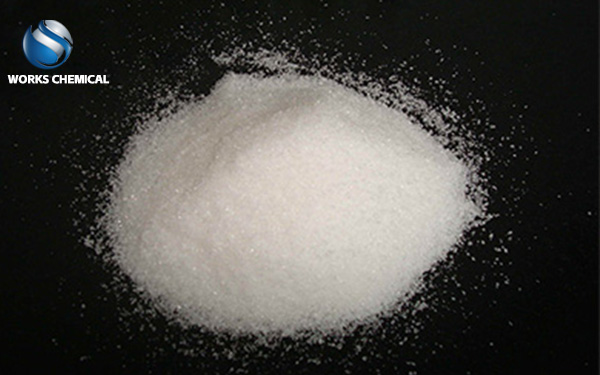
Selecting the appropriate dehydrating agent is the key step in the sludge treatment process, which directly affects the dewatering effect, treatment cost and environmental friendliness of the sludge. Here are some key factors to consider when choosing a sludge dehydrator:

1. Sludge property analysis
Sludge type: Different industries (such as municipal sewage treatment, paper making, pharmaceutical, food processing, etc.) produced a large difference in the nature of the sludge, including sludge oil content, organic content, pH value and so on. Therefore, a detailed property analysis of the sludge is required first.
Sludge moisture content: The initial moisture content of the sludge is an important basis for selecting dehydrating agents. Sludge with different moisture content has different requirements for dehydrating agents.
Second, dehydrating agent performance evaluation
Dewatering effect: Evaluate the dewatering effect of the sludge dewatering agent, including floc formation rate, floc stability and final sludge moisture content. A good sludge dewatering agent should be able to quickly form stable floc and significantly reduce the water content of sludge.
Environmental friendliness: Choose sludge dehydrating agents that meet environmental protection requirements, and try to choose non-toxic, harmless or low-toxic agents to reduce secondary pollution to the environment.
Economy: Considering the price, dosage and treatment cost of sludge dehydrant, choose the sludge dehydrant with higher cost performance.
3. Laboratory tests
Pilot test: A pilot test was conducted under laboratory conditions to evaluate the dewatering effect of different sludge dehydrators by simulating the actual sludge treatment process. Large trial: On the basis of small trial, the sludge dehydrating agent with better effect is selected for large trial to further verify its feasibility and effect in practical application.
Fourth, equipment matching
Dewatering equipment: Consider the matching of sludge dewatering agent and existing dewatering equipment. Different dewatering equipment (such as plate and frame filter press, belt filter press, centrifuge, etc.) have different requirements for the properties of sludge and dehydrating agents.
Operation process: To ensure that the operation process of the selected sludge dehydrant is simple and easy, and does not require complex equipment and operating steps, so as to improve the convenience and efficiency of practical application.
5. Comprehensive evaluation and selection
Comprehensive comparison: the above factors are comprehensively compared to select the most suitable dehydrating agent for the current sludge treatment needs.
Supplier selection: Select reputable, reliable product quality sludge dehydrating agent suppliers to ensure long-term stable supply and technical support.
Follow-up tracking: Continue to track the use effect of dehydrating agent in practical applications, adjust and optimize according to needs.
To sum up, the selection of suitable sludge dehydrating agent needs to consider sludge properties, dehydrating agent performance, laboratory test results, equipment matching and economy. Through scientific and reasonable selection and use of sludge dehydrant, sludge treatment efficiency can be significantly improved, treatment costs can be reduced, and environmental pollution can be reduced.